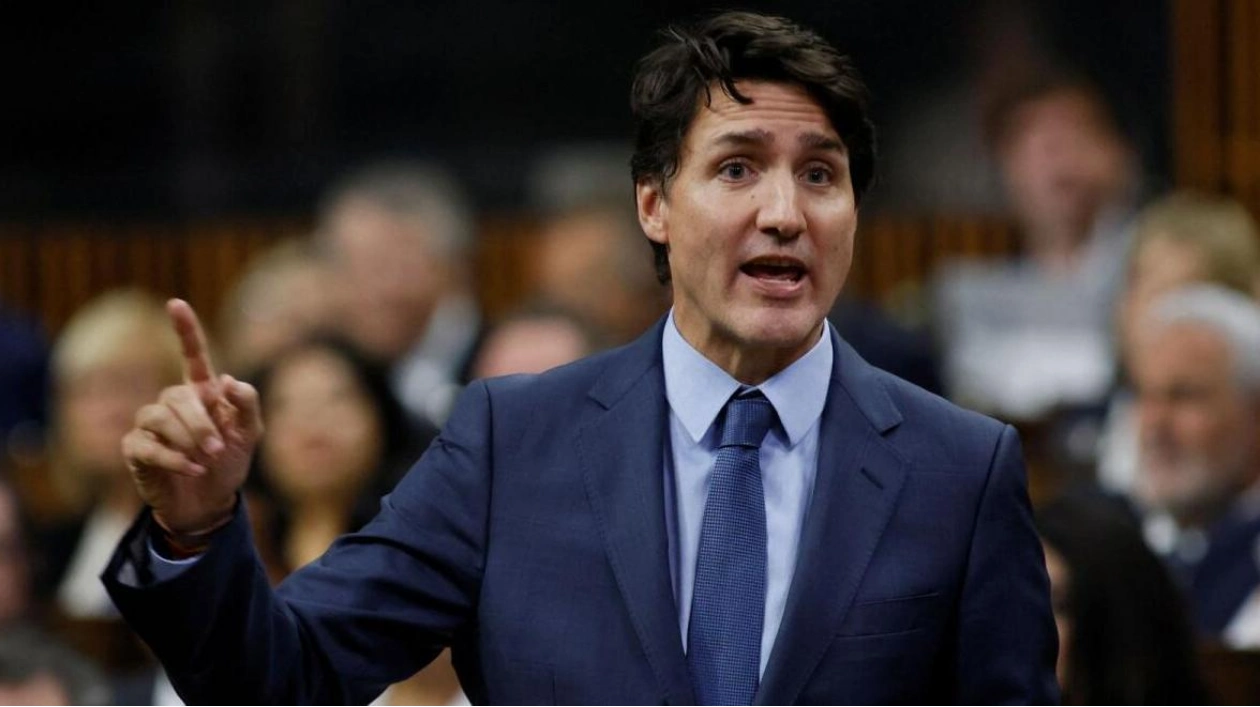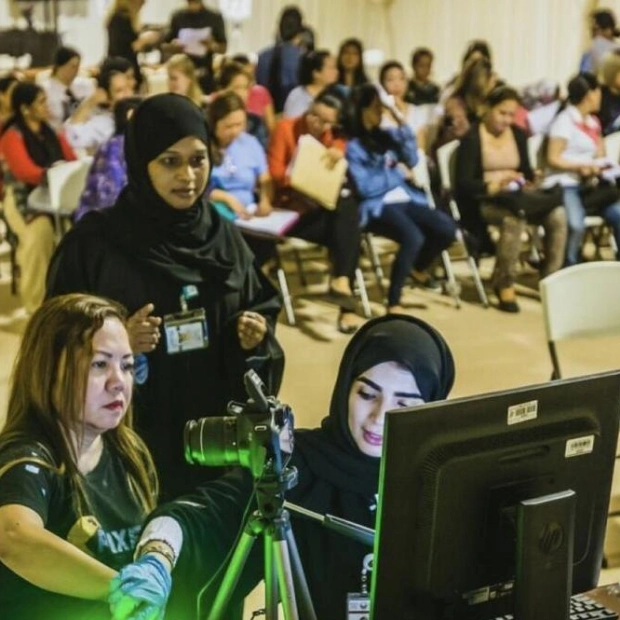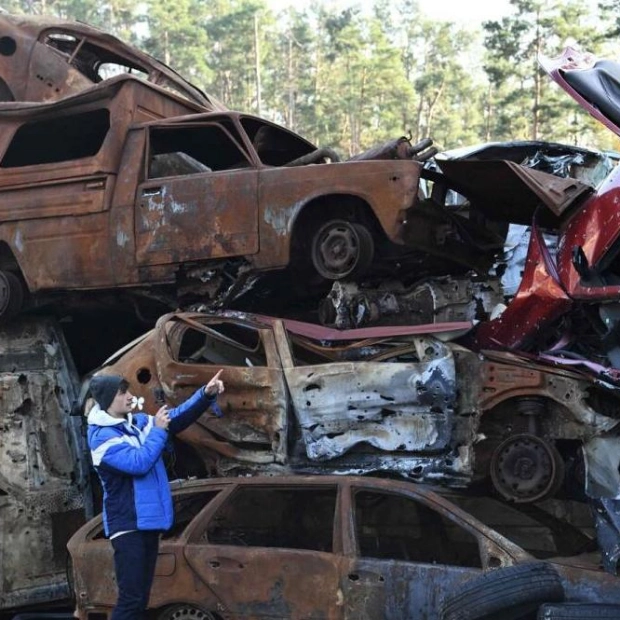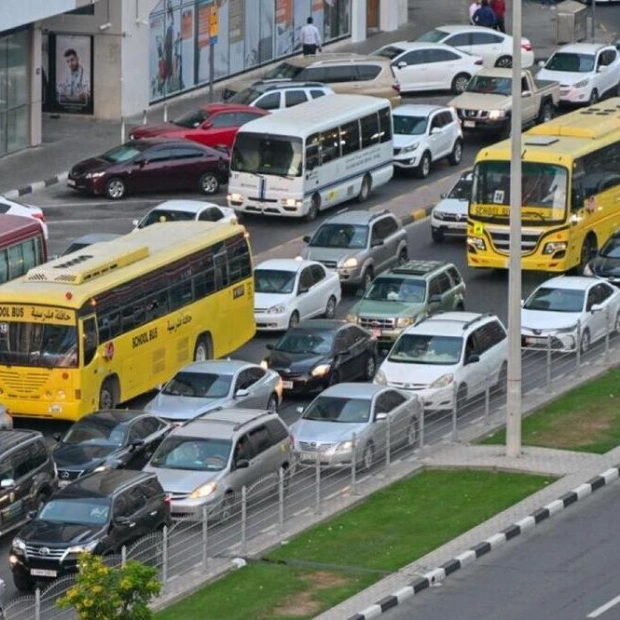Canadian Prime Minister Justin Trudeau managed to survive a vote of no confidence on Wednesday, marking the first significant test for his minority Liberal government, which has seen its popularity decline after nine years in office. Despite this victory, Trudeau's hold on power remains precarious and is expected to face further challenges in the coming weeks, as the main opposition Conservatives are already planning to attempt another government overthrow as early as next Tuesday.
After a heated parliamentary debate where members exchanged insults and banged their fists on desks, the vote was 211 to 120 against the Conservative motion to unseat the Liberals. Pierre Poilievre, the leader of the Conservatives, who is far ahead in public opinion polls, has been eager for a snap election since the leftist New Democratic Party (NDP) ended its coalition agreement with the Liberals earlier this month, leaving Trudeau's administration vulnerable.
Poilievre criticized Trudeau for failing to address issues such as soaring living costs, a housing crisis, and rising crime, while doubling the national debt. He declared during a Commons debate that the promise of Canada was 'broken' after nine years of Liberal government. However, other opposition parties, whose support is crucial to bring down the Liberals, have resisted Poilievre's right-wing agenda.
Following the vote, Liberal House leader Karina Gould accused the Tories of 'playing games' and emphasized the need to 'get back to work and do the hard work of governing this country.' Immediately after the no-confidence vote, the NDP sided again with the Liberals to pass legislation on capital gains taxes, preventing another political crisis. Poilievre vowed to continue his efforts, with the next opportunity to bring down the government coming next week.
The separatist Bloc Quebecois has also demanded concessions from the ruling Liberals for its continued support in parliament beyond the end of October. In Canada's Westminster parliamentary system, a ruling party must maintain the confidence of the House of Commons, which requires support from a majority of members. The Liberals currently hold 153 seats, compared to 119 for the Conservatives, 33 for the Bloc Quebecois, and 25 for the NDP.
Trudeau came to power in 2015 and has managed to stay in office by defeating two of Poilievre's predecessors in 2019 and 2021. However, he has faced several setbacks in recent months, including by-election losses in two of his party's strongholds. During an appearance on the Late Show with Stephen Colbert, Trudeau acknowledged that Canadians are experiencing 'a really tough time,' with people struggling to afford groceries, rent, and fuel, and seeking change.
The agreement with the New Democratic Party to support the Liberals would have kept his government in office until late 2025. However, the NDP, concerned about its own popularity, ended the pact early. Poilievre, known for his provocative style, catchphrases, and anti-establishment discourse, has continued to gain ground in recent months. According to an Angus Reid poll, the Conservatives lead the Liberals with 43% of voting intention, compared to 21% for the ruling party, and 19% for the NDP.
With legislation pending on NDP priorities such as a national dental plan, and considering that Canada rarely holds elections during harsh winters, political analysts suggest an election is unlikely before spring 2025. University of Ottawa professor Genevieve Tellier commented that 'anything is possible' and an election could occur before Christmas. A weakened Trudeau administration under constant threat 'will find it more difficult to govern' in the interim.






